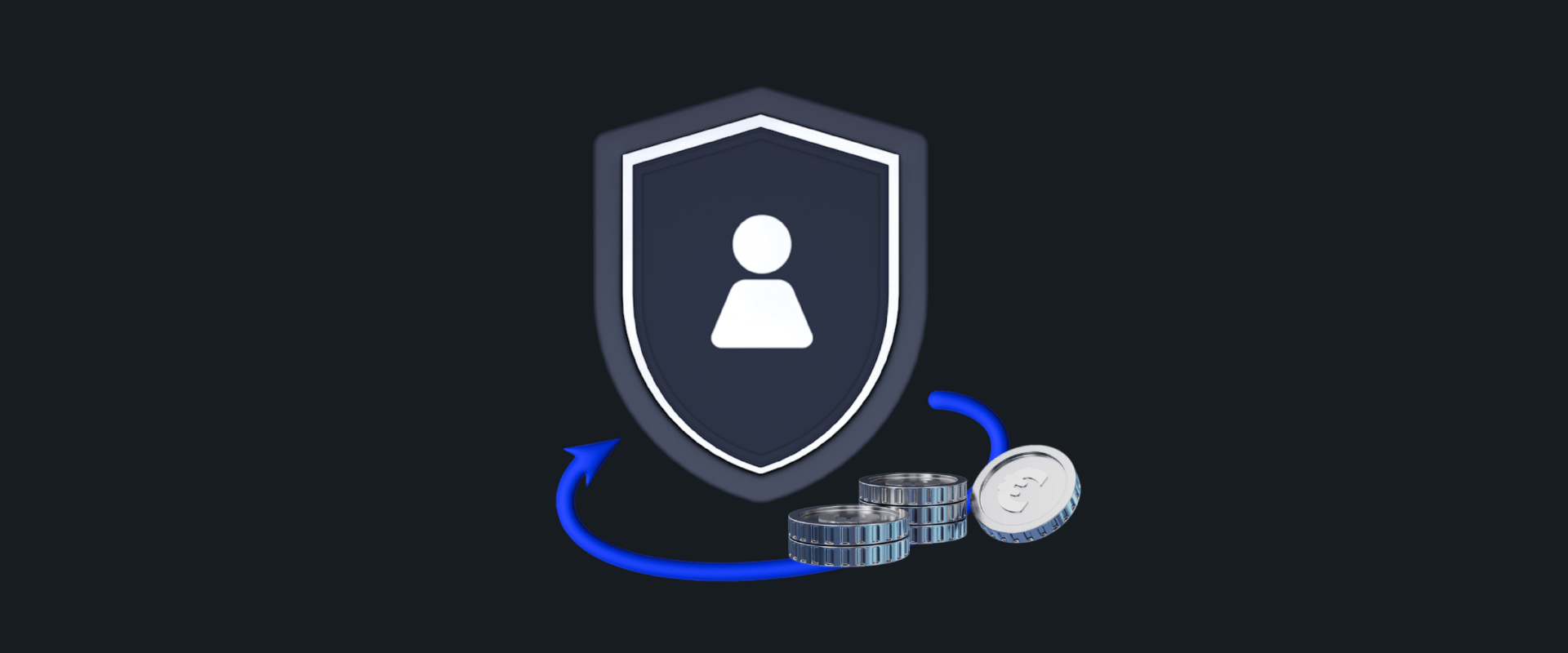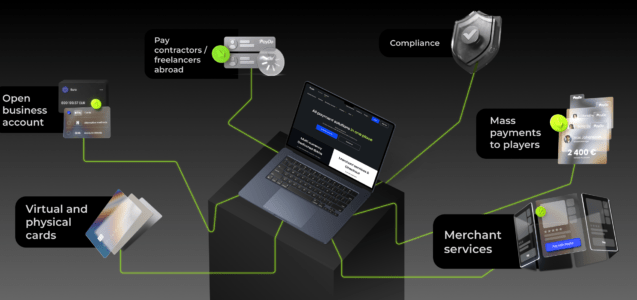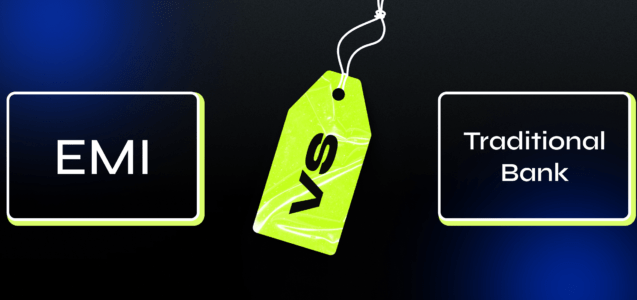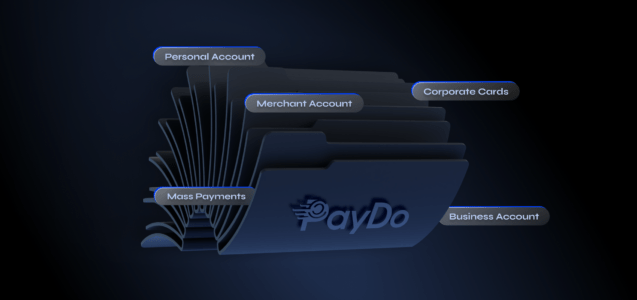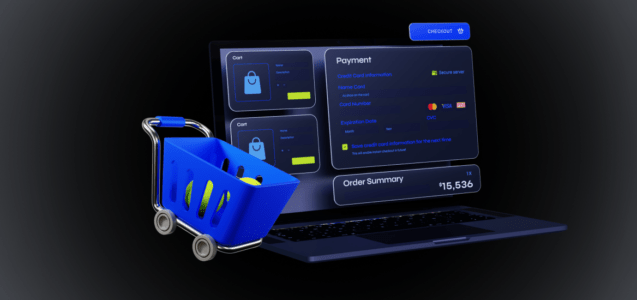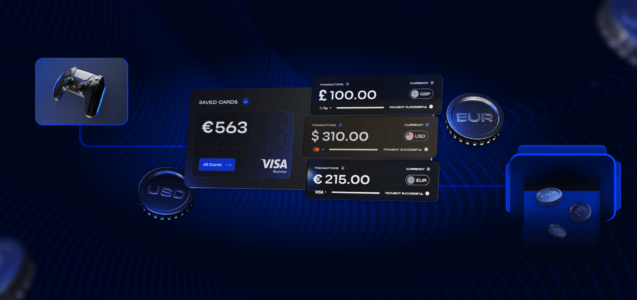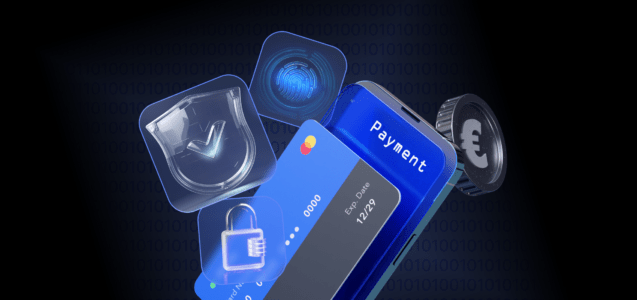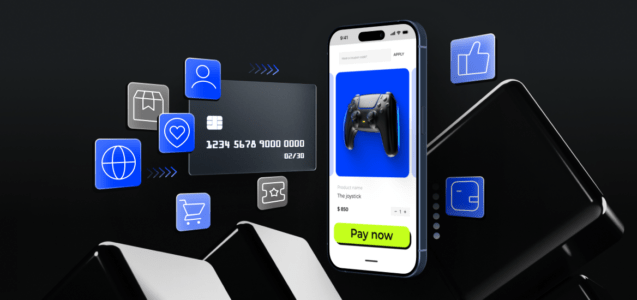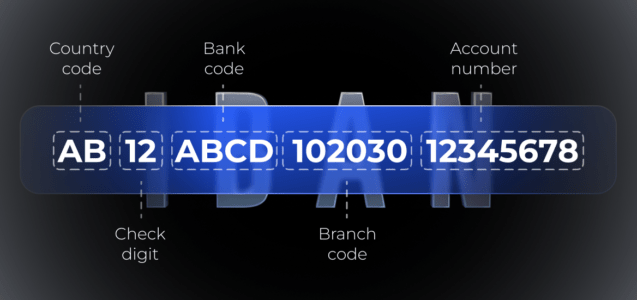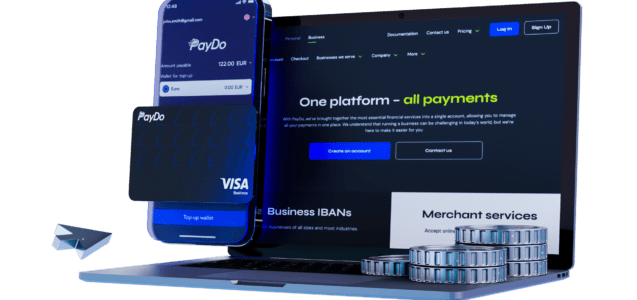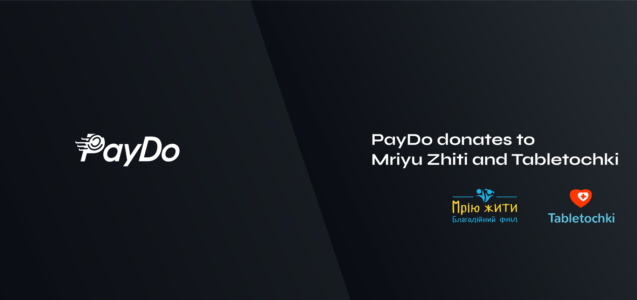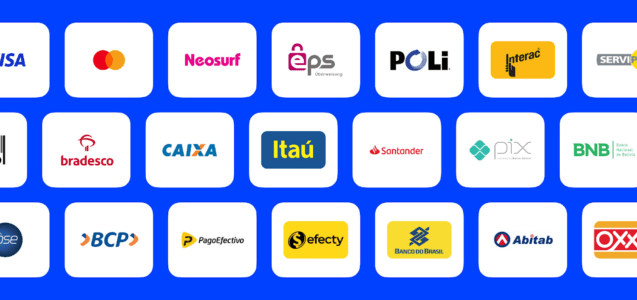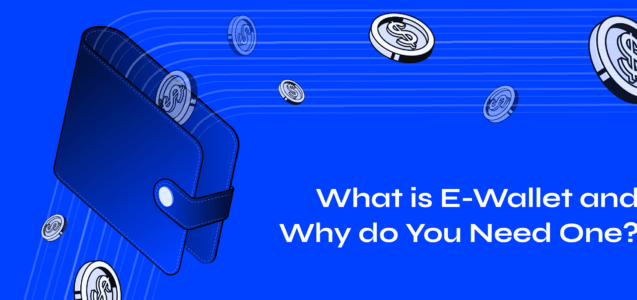According to this research, digital payment fraud in the video game industry grew 32.6% between 2020 and 2021. Considering such a sharp rise, it is only natural that detection and payment fraud prevention has become paramount.
PayDo perceives security as a top priority. Addressing numerous concerns our merchants from the video games industry experience with different types of payment fraud, PayDo made sure there are particular measures in place to minimize the chance of fraudulent activities. This case is about those fraudulent activities and countermeasures PayDo offers.
What is Online Payment Fraud?
Payment fraud refers to any unauthorized transaction or deceitful manipulation in a payment process. It’s a broad term encompassing various fraudulent activities, often leading to financial loss for consumers and businesses. As PayDo witnessed during years in the business, in most cases, payment fraud occurs due to these aspects:
- Encryption Vulnerabilities. Weak or outdated encryption can allow hackers to intercept sensitive payment information.
- Inadequate Authentication. Lack of multi-factor authentication can make it easier for fraudsters to gain unauthorized access to accounts.
- Malware and Spyware. These malicious software programs can be installed on devices to capture keystrokes and other data, leading to payment fraud.
- Social Engineering Tactics. Fraudsters use psychological manipulation to trick individuals into divulging confidential information.
- Regulatory Compliance. Failure to comply with regulations like PCI-DSS can expose businesses to increased risks of payment fraud.
Payment fraud is a complex and evolving threat that requires continuous vigilance, robust security measures, and public awareness. By understanding the various forms and mechanisms of payment fraud, individuals and businesses can take proactive steps to protect themselves.
The Challenge
With its vast digital landscape, the video game industry is particularly susceptible to various forms of payment fraud. PayDo understands how a video games company becoming a victim of online payment fraud translates into revenue decline and loss of consumer trust. In other words, if a business cannot protect consumers from fraudulent activities, they will go to competitors.
At this point, there are three types of these activities in the video games industry that merchants worry about the most:
1. Phishing
Phishing involves tricking individuals into revealing personal or financial information. To illustrate, a fraudulent email claiming to be from a well-known game developer might ask users to verify their accounts only to steal their login credentials.
2. Skimming
Skimming is the theft of credit card information during transactions. For example, a fraudulent site might mimic a legitimate game store, capturing card information when users attempt to purchase. In the video game industry, skimming can be particularly devastating.
If a popular online game store is compromised, thousands of users’ credit card details can be stolen quickly. This leads to direct financial loss, resulting in chargebacks, legal issues, and a tarnished brand image.
3. Chargeback fraud
Chargeback fraud occurs when a consumer makes an online purchase and then requests a chargeback from the issuing bank after receiving the purchased goods or services. For instance, a player might purchase a key or digital code for a game, install it, and then claim a chargeback, stating they never received it in the first place.
This type of fraud leads to lost revenue and administrative costs in disputing the chargebacks. Besides, chargeback fraud can result in potential fines and presents a higher risk of losing merchant accounts.
The Solution
PayDo, an electronic money institution (EMI), offers PayDo Checkout to minimize the chance of fraud with these elaborate measures:
- Well-designed verification. When creating a PayDo account, the users undergo a de-anonymization process for primary verification. An automated KYC verification system can be triggered after creating an account and based on the transaction amount. It adds a level of verification.
- Built-in anti-fraud. PayDo integrated an automated, self-optimizing fraud management solution. It grants real-time monitoring of all transactions.
- PCI-DSS Level 1. When entering their card details, payers authorize their transactions on our PCI-DSS Level 1 compliant checkout. Such a degree of compliance means PayDo has measures to protect card information.
- Extra fraud protection using 3D Secure (3DS). PayDo works with Tier-1 trusted bank acquirers. So, when a user makes a top-up with a card, the procedure is initiated, asking for an additional authentication.
- Sophisticated encryption. Every transaction is encrypted to prevent data from being stolen, changed, or compromised.
- Chargeback protection. When a buyer makes a chargeback request, PayDo experts deal with it. Each request is processed and verified for unfounded claims to minimize the chance of chargeback fraud.
The Results
Payment fraud in the video game industry is a complex and evolving challenge. Nevertheless, PayDo is at the forefront of ensuring merchants receive a trustworthy and secure payment solution.
Besides, With PayDo, the merchants operating in the video game industry can look forward to:
- Integrating PayDo Checkout via API. PayDo users get a broad geo-coverage with 350+ payments available in 170 countries.
- Automatically localized payment methods. The system automatically registers buyers’ location, offering payment methods users are used to and trust. This leads to a better user experience and increased acceptance rate.
- Elaborate safety measures. Aspects like built-in anti-fraud, instant KYC, PCI-DSS Level 1 compliance, 3DS, encryption, and chargeback protection ensure PayDo users’ funds and data are safe and secure.
- Collecting all payments in one account. It will be linked to the dedicated IBAN, which means PayDo can have its funds and proceeds accessible for use and settlement on account at once.
Contact us today to learn how our all-in-one payment platform can protect your transactions and help you focus on what you do best – selling unique digital goods and services.


